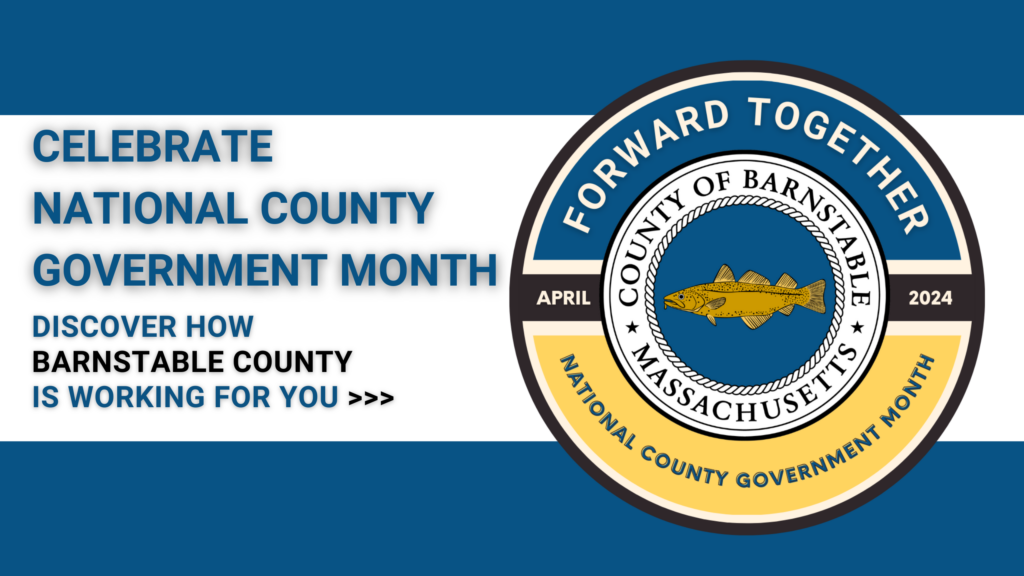
What you should know about Salmonella if you keep backyard poultry
It’s not unusual to see soft and cute baby poultry put on display in agricultural feed stores, especially during the spring. But most people do not realize that live poultry (chicks, chickens, ducks, ducklings, geese, turkeys) can be a source of human Salmonella infections, especially for children. Since 1990, more than 35 outbreaks of human Salmonella infections associated with live poultry have been reported to the Centers for Disease Control and Prevention (CDC). Many of these illnesses are in young children. “It is important to know that human Salmonella infections from live poultry can occur at any time of the year, not just during the spring” said Dr. Casey Barton Behravesh, a veterinary epidemiologist at CDC. In one recent outbreak, Salmonella Altona and Johannesburg infections were linked to chicks and ducklings in 15 states. (www.cdc.gov/salmonella/altona-baby-chicks)
When live baby poultry carry Salmonella they don’t appear to be sick, but they can still spread the germs to people. People can be exposed to Salmonella by holding, cuddling, or kissing the birds and by touching things where the birds live, such as cages or feed and water bowls. Salmonella can make people sick with diarrhea, vomiting, fever, and/or abdominal cramps. Sometimes, people can become so sick from a Salmonella infection that they have to go to the hospital. Young children, elderly persons, and those with weakened immune systems are more likely than others to develop severe illness. When this occurs, Salmonella may spread from the intestines to the bloodstream and then to other body sites and can cause death unless the person is treated promptly with antibiotics.
How do people get Salmonella infections from live baby poultry?
Live poultry may have Salmonella germs in their droppings and on their bodies (feathers, feet, and beaks) even when they appear healthy and clean. The germs can also get on cages, coops, and other things in the area where birds live and roam. Additionally, germs can be found on the hands, shoes, and clothing of those who handle the birds, or work or play in areas where birds live and roam. People become infected with Salmonella when they put their hands or other things that have been in contact with droppings in or around their mouth. Young children are especially at risk for illness because their immune systems are still developing and because they are more likely than others to put their fingers or other items into their mouths. It is important to wash your hands immediately after touching poultry or anything in the area where they live and roam, because the germs on your hands can easily spread to other people or things.
How do I reduce the risk of Salmonella infection from live baby poultry?
- Wash your hands thoroughly with soap and water right after touching live baby poultry or anything in the area where they live and roam. Use hand sanitizer if soap and water are not readily available.
- Adults should supervise hand washing for young children.
- Don’t let children younger than 5 years of age handle or touch chicks, ducklings, or other live poultry.
- Don’t snuggle or kiss the birds, touch your mouth, or eat or drink around live baby poultry.
- Don’t let live baby poultry inside the house, in bathrooms, or especially in areas where food or drink is prepared, served, or stored, such as kitchens or outdoor patios. Keep live poultry outside.
- Don’t eat or drink in the area where the birds live or roam.
- Don’t clean any equipment or materials associated with raising or caring for live poultry, such as cages or feed or water containers, inside the house.
- Don’t give live baby poultry as gifts to young children.



